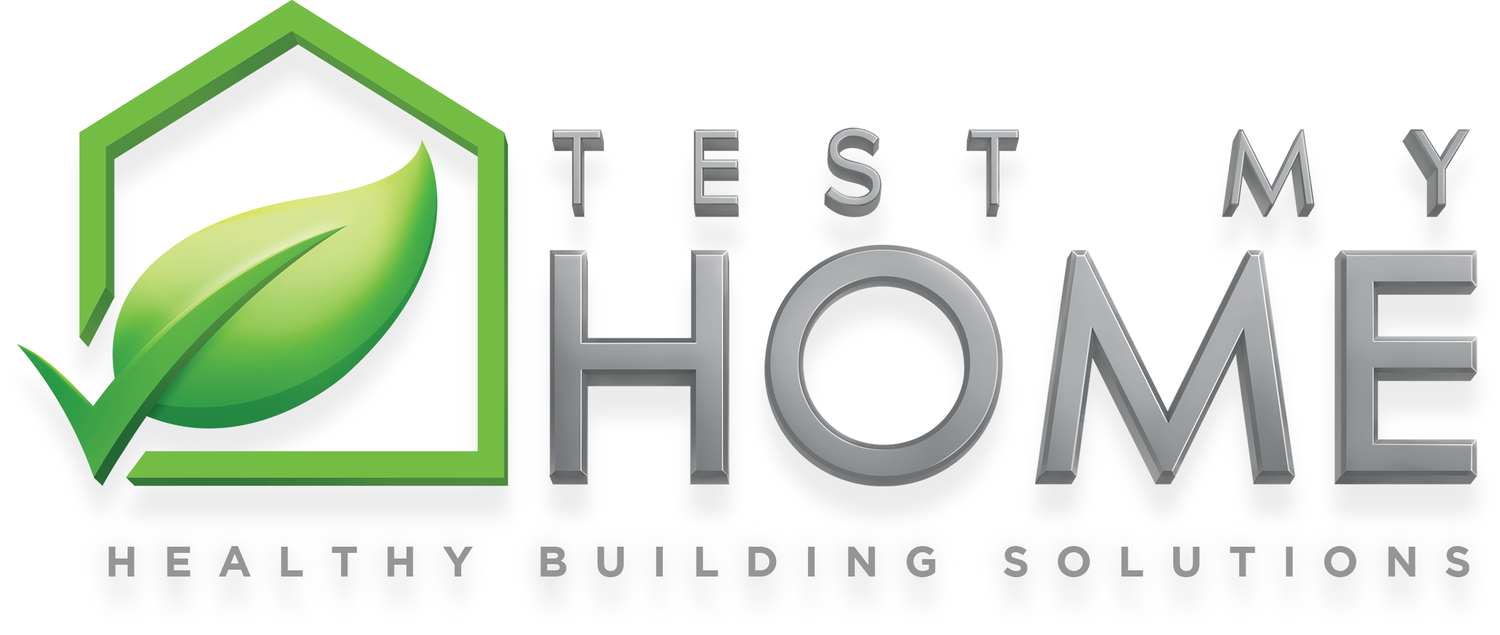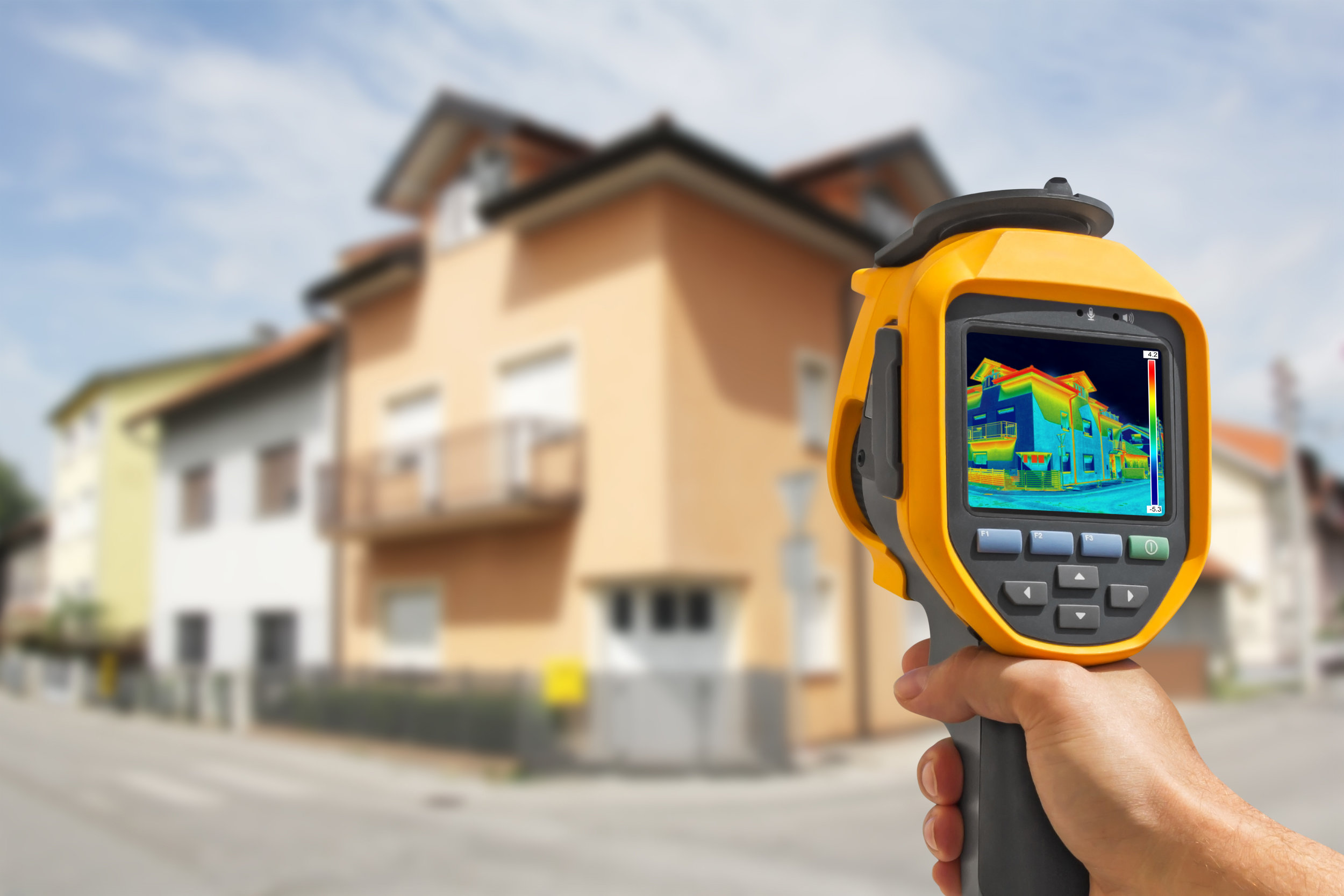A professional inspector performs mold inspections to identify any environmental hazards that may be present in the home. The review is done on request, but it can also happen randomly if there's suspicion of mold and moisture issues. Inspection includes checking for visible signs of mold like stains or mulch and taking samples from different areas throughout the property such as air vents, carpeting under sinks/faucets, etc., bathroom grout lines, ceilings near HVAC ducts, etc. A trained technician will then examine those samples with microscopes to see if they're spores and what type - black bread molds (commonly found at bakeries) don't need much water because their survival strategy relies on humans touching them. They spread quickly.
Mold inspections are performed to assess the level of mold growth in a given area.
Mold testing is usually done with air and swab samples that detect toxic spores, their concentration levels, what types they belong to (serve as an indicator for where it came from), how severe the problem might be, or if there's evidence of allergic reactions being caused by exposure to certain molds. A common misconception about these tests is that all negative results mean no presence of dangerous fungi; however, this isn't always true because some may not grow on surfaces such as concrete floors, which can lead companies and building owners alike into falsely believing everything was fine when you didn't have enough time yet since most species take four days before showing up positive.
When do you need a mold inspector?
There are a few different tests that are used to detect mold. The most common test is the Microscopic Evaluation of Mold and Fungi (MEMF). This can be done by dusting an area with sterile talc powder, then using a microscope to examine the spores on surface samples for identification purposes. Mold inspection is a process where professionals inspect the exterior of your home for possible mold growth. After they complete their inspection, you can decide whether to have testing done on any suspected areas that could be indicative of mold or not.
Mold inspections are essential in protecting one's health from harmful contaminants like fungus and mildew by locating them as early as possible, so proper precautions can be taken before it becomes too late. If left undetected long enough, these molds have been known to cause serious illnesses such as asthma attacks and chronic bronchitis, among others which may result in death due to their highly infectious nature.
Why Choose Us
What is your house worth? Is it possible that hidden dangers are lurking inside the walls, floorboards, and ceilings of your home without you even knowing about them? Mold can grow anywhere in a building like this - if not detected early on. Unbeknownst to many homeowners, mold has been linked to illnesses such as asthma attacks or allergies. In contrast, others experience hay fever symptoms after contact with fungi spores found in water leaks and damp carpets. If left unchecked for an extended period, these organisms could originate from any part of the structure affecting air quality by producing toxic substances (mycotoxins), which may be harmful when inhaled. That's why we offer professional mold inspection services, so you don't have to worry!





